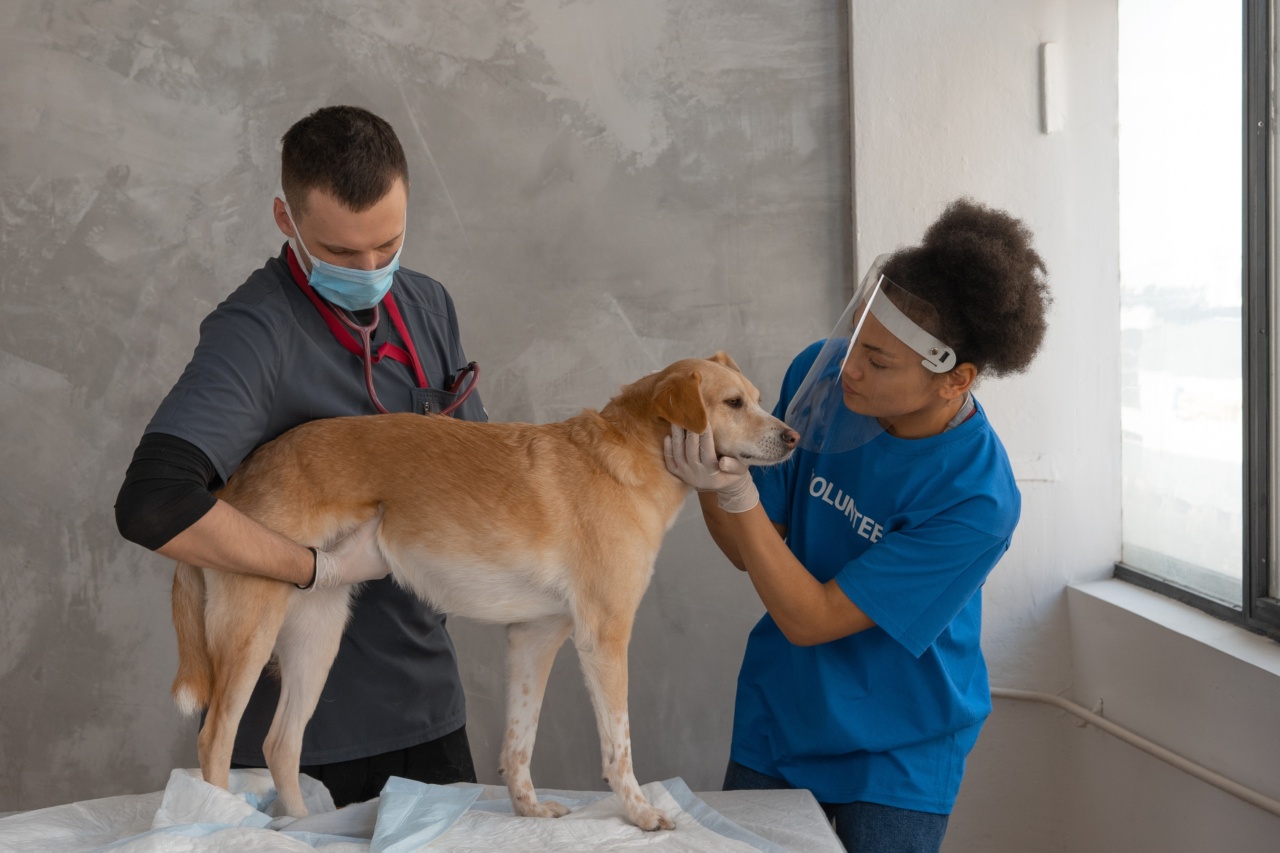Smoking is undoubtedly harmful not only to humans but also to pets. Passive exposure to smoke can lead to various health problems in pets, including respiratory diseases, allergies, cancer, and even death.
In this article, we will explore the effects of passive smoke on pet health and ways to minimize exposure.
What is Passive Smoke?
Passive smoke, also known as secondhand smoke, is tobacco smoke that is inhaled by non-smokers. The smoke that is exhaled by smokers or comes from the lighted end of the cigarette contains over 7,000 chemicals, many of which are toxic and carcinogenic.
When pets are exposed to these harmful chemicals, they breathe them in just like humans, leading to various health problems.
How Does Passive Smoke Affect Pet Health?
Passive smoke can have various harmful effects on pets’ health, including:.
Respiratory Diseases
Dogs and cats are prone to respiratory diseases as a result of passive smoke exposure. They may experience coughing, wheezing, and shortness of breath, and may even develop illnesses like bronchitis and pneumonia.
Allergies
Pets may develop allergies from passive smoke. They may develop skin rashes, hives, and other allergic reactions that lead to discomfort and itching.
Cancer
Passive smoke exposure to pets can lead to various types of cancer, including lung cancer, nasal cancer, and lymphoma.
Other Effects
Passive smoke can weaken pets’ immune systems, leading to weakened defenses against illness. It can also lead to bad breath, yellowing of teeth, and premature aging.
Ways to Minimize Exposure
There are several ways to minimize pets’ exposure to passive smoke, including:.
Quit Smoking
The best way to protect pets from the harmful effects of passive smoke is to quit smoking. This not only benefits pets but also improves the overall health of the smoker.
Designate Smoking Areas
Designating smoking areas away from pets can help minimize their exposure to smoke. Ventilation is essential for smoking areas, and closing doors can help prevent smoke from entering other rooms.
Air Filters and Purifiers
Air filters and purifiers can help remove smoke particles from the air, reducing pets’ exposure. HEPA filters are effective in removing smoke particles from the air, while activated carbon filters help remove the smell of smoke.
Clean and Vacuum Regularly
Cleaning and vacuuming regularly can help remove smoke particles settled on carpets, furniture, and other surfaces. This can help minimize pets’ exposure to residual smoke.
Conclusion
Passive smoke is harmful not only to humans but also to pets. It can lead to various health problems, including respiratory diseases, allergies, cancer, and premature aging.
Quitting smoking, designating smoking areas, and using air filters and purifiers can help minimize pets’ exposure to smoke and improve their overall health and well-being.






























